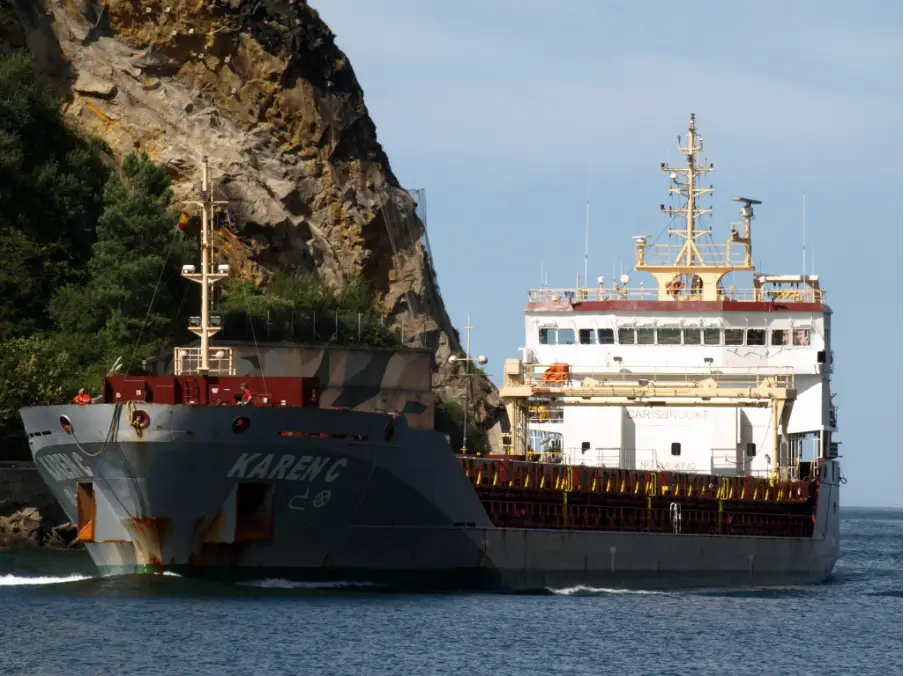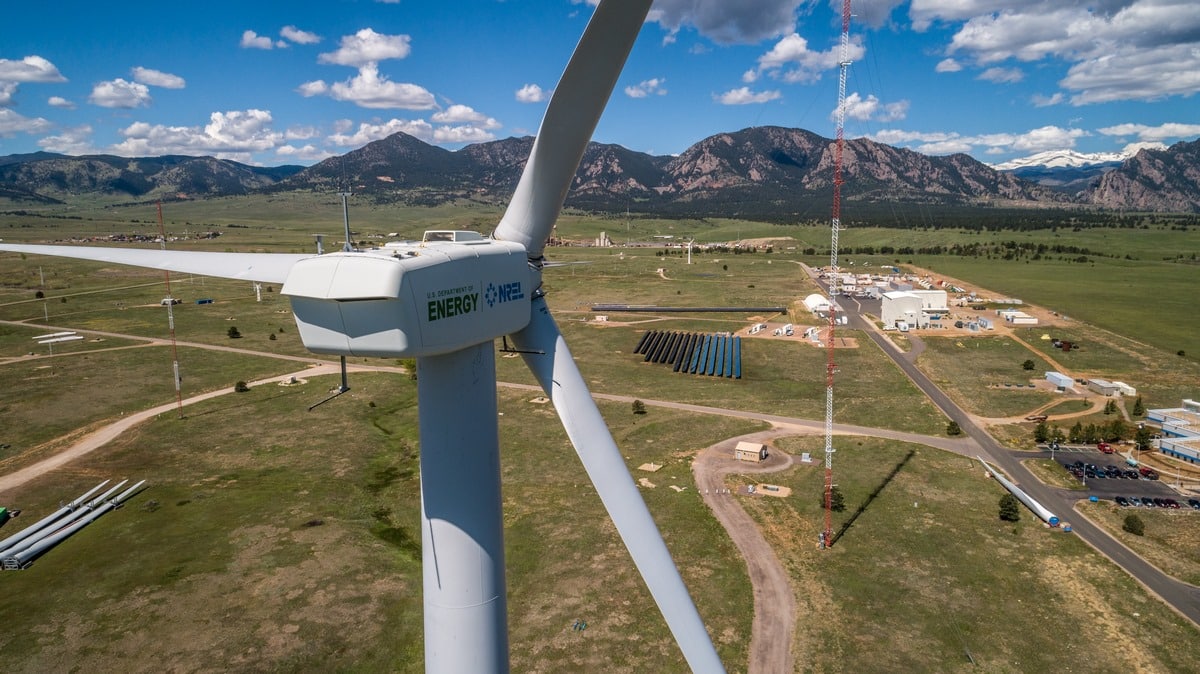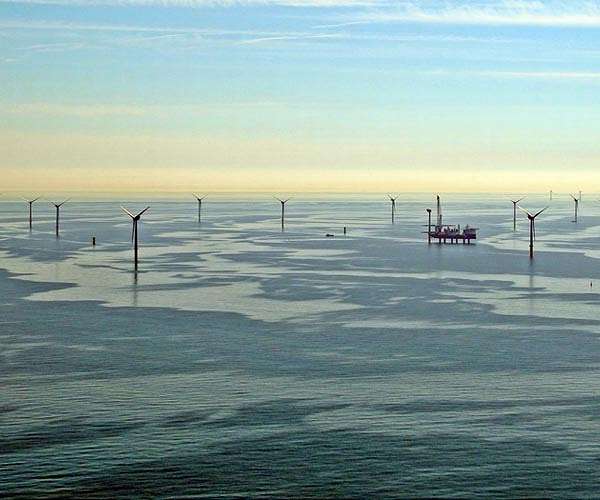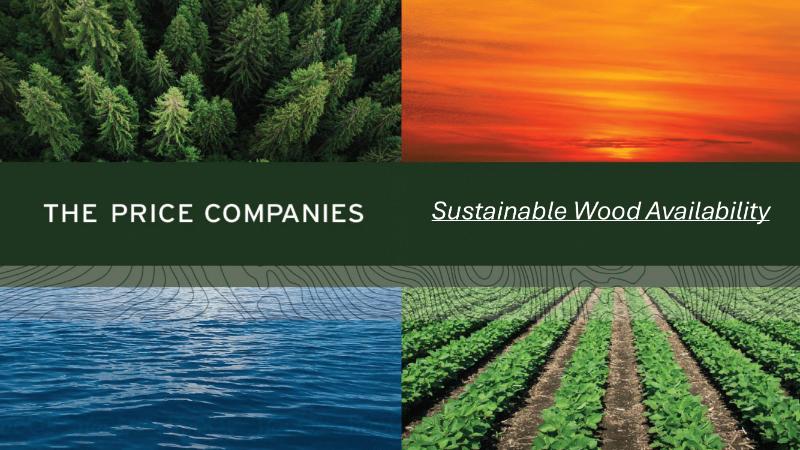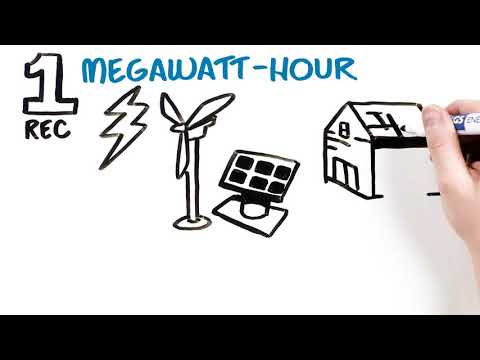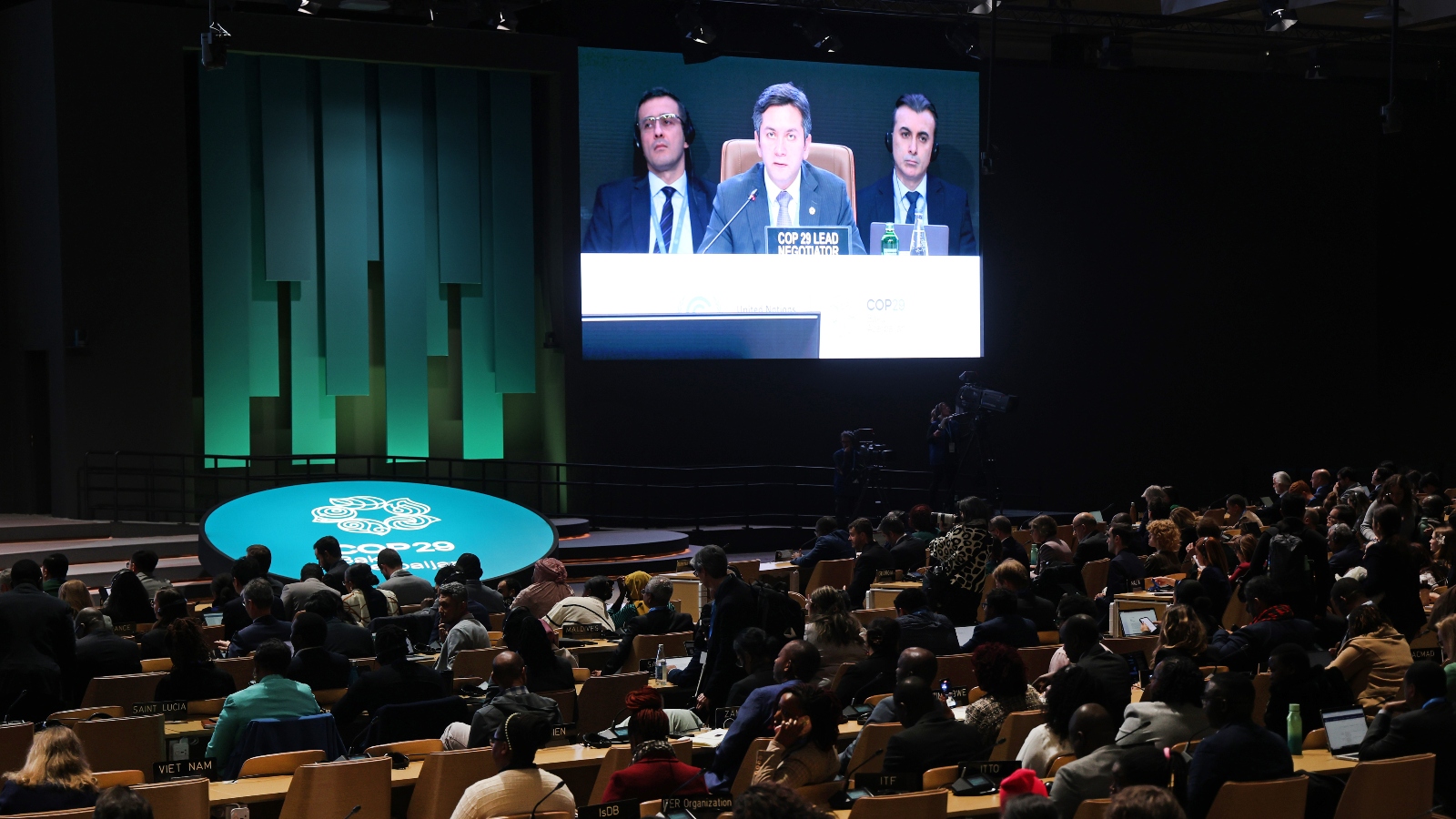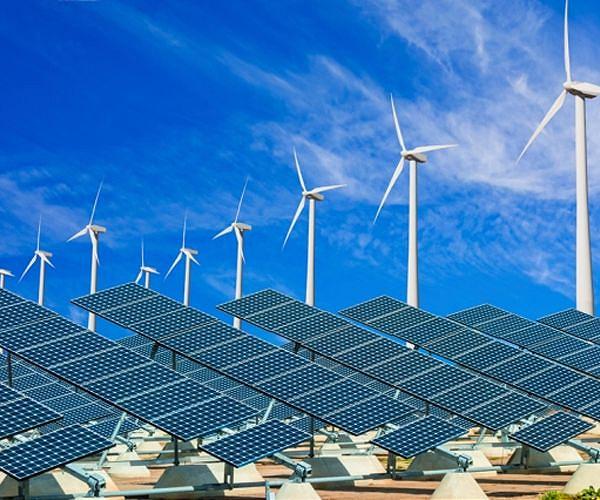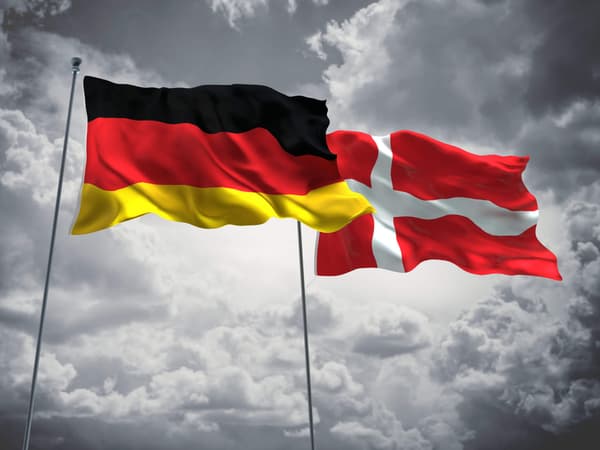
Denmark and Germany have signed a joint declaration of intent to develop a large-scale transmission interconnector for green hydrogen between the two countries from 2028.
The objective of the joint declaration is to reinforce the participants’ bilateral cooperation on green hydrogen, and build infrastructure which will connect western Denmark with northern Germany. The declaration was signed by Dr. Robert Habeck, Minister for Economic Affairs and Climate Action of the Federal Republic of Germany, and Lars Aagaard, Minister for Climate, Energy and Utilities of Denmark.
Both countries are committed, but not limited to, assisting potential hydrogen infrastructure operators and users to design and implement their respective hydrogen infrastructure projects, especially geared towards supporting their coordinated process towards binding commitments made by future infrastructure users, thereby enabling final investment decisions (FID) to take place.
They can also support the relevant joint application of potential hydrogen transmission operators for funding, e.g. becoming a Project of Common Interest for the Connecting Europe Facility, and engage in discussions on the distribution of generated renewable energy target amounts.
Alongside coordinating and aligning the implementation of respective national and EU regulatory frameworks for hydrogen, both countries will adopt regulations under the forthcoming EU Hydrogen and Decarbonized Gas Market Package.
Management and cooperative mechanisms include regular exchange of information, joint organisation of and participation in events, seminars, workshops, videoconferences, and trainings, and meeting between relevant authorities and stakeholders, especially including the private sector.
All costs resulting from the cooperative mechanisms ‘are to be borne by the participant that incurs them, unless otherwise decided jointly’.
A dedicated Steering Committee with Directorate Generals representing each country will be established. The committee will manage and steer the planning, execution, and evaluation of the cooperative activities.
It is the latest in a series of hydrogen tie-ups with European countries in a bid to heighten energy security. A Joint Statement and a Joint Declaration were signed between Germany and Norway in January, to ensure large-scale supply of hydrogen by 2030 and decarbonise the energy-intensive industrial sector. Talks on a hydrogen pipeline are continuing.
“We are importing the majority of the gas we need from Norway, and in future we intend to increasingly import offshore wind energy and hydrogen, initially blue hydrogen, which is gradually to be replaced by green hydrogen. For this purpose, we now need to establish together a European grid and hydrogen infrastructure and stimulate production,” said Minister Habeck.

